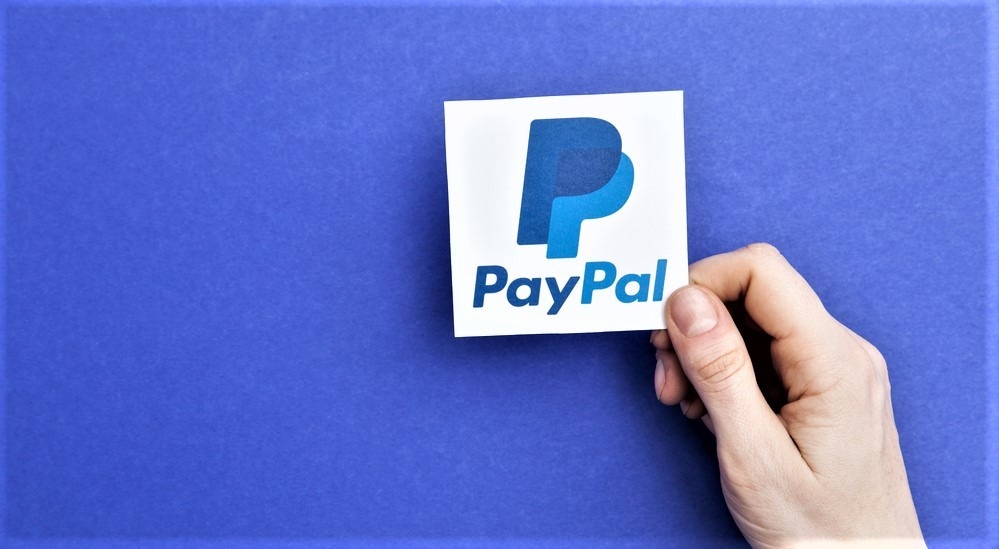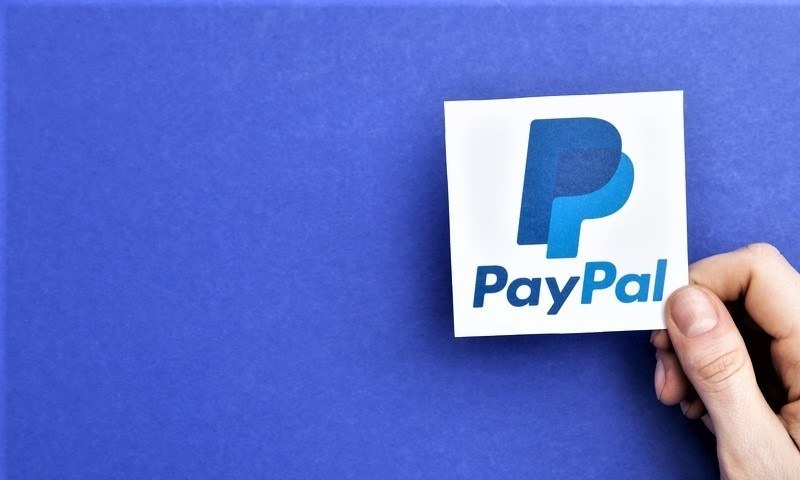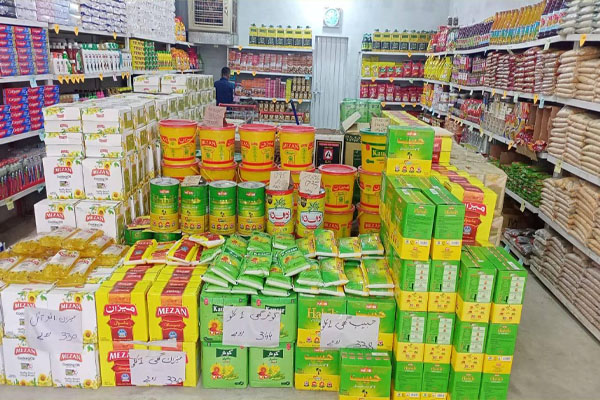To the disappointment of many, PayPal will not be introducing its services in Pakistan.

As of this year, PayPal — a worldwide payment system supporting online money transfers — operates in about 200 markets and has 277 million registered accounts. Additionally, it allows its customers to send, receive and hold funds in 25 currencies.
Exporters, freelancers and IT companies in Pakistan were eager for PayPal to launch in the country for ease of payments.
But as people express their frustration over the online payment giant's refusal to operate in Pakistan, the question to ask is: how did we get to this stage?
Why aren't major international payment gateways — such as PayPal, Google Pay or Stripe — operating in Pakistan, even though they operate in similar countries?
And more importantly, why aren't companies from the fourth largest freelancing country able to send invoices to international customers which they click to pay?
The short answer is that for PayPal, operating in Pakistan isn’t a sound business decision at this point.
Here’s why:
Govt attitude towards digital economy
Digital payments are an important part of the digitisation of our country. And while there has been some effort from individuals, the field lacks a robust effort by the government. One of the major challenges in Pakistan today is the mindset surrounding the digital economy and the low priority given to it by our leadership; sadly, the digital ecosystem has always been and continues to be a sideshow.
Pakistan needs to develop an overall ecosystem to motivate a company like PayPal to enter the market.
For anyone running an e-commerce company and wanting to make a payment to a vendor in, say, China, State Bank allows 35% repatriation of funds for exporters but the process requires cumbersome documentation that makes it difficult to send money abroad.
Regulations and money laundering
Another reason for our current standing is our regulatory ethos.
PayPal would have to pay the SBP-mandated $2 million license fee if it wanted to work in Pakistan. If the same regulations existed in the US, perhaps the world wouldn't see the likes of Elon Musk and Peter Thiel, who created small startups like PayPal just to automate payments in the US.
For a company like PayPal, which earns between 2% to 3% on transactions, even a $100 million transaction a year could not justify a $2 million license fee. This coupled with intense regulation like FATF and the perpetual fear of financial fraud would discourage most companies.
While there are ways in which the government can resolve this issue, like the setting up of an indemnity fund for these companies, it is something which would require a serious effort from the government.
Technical issues for PayPal
With everything said, at the end of the day, PayPal can only act as a transaction company.
Even in places like India, PayPal cannot use its platform for person to person transfers or payments due to strict regulations. One can only transfer money to banks in India via PayPal.
Pakistan lacks a central system or a platform through which customers can transfer money to any bank in the country. In places like India and the US, companies like PayPal can connect to any bank to process payments without acquiring a licence.
For PayPal to have the same option in Pakistan, it will not only need a licence but will also have to commit to tough edicts of financial regulations.


As of this year, PayPal — a worldwide payment system supporting online money transfers — operates in about 200 markets and has 277 million registered accounts. Additionally, it allows its customers to send, receive and hold funds in 25 currencies.
Exporters, freelancers and IT companies in Pakistan were eager for PayPal to launch in the country for ease of payments.
But as people express their frustration over the online payment giant's refusal to operate in Pakistan, the question to ask is: how did we get to this stage?
Why aren't major international payment gateways — such as PayPal, Google Pay or Stripe — operating in Pakistan, even though they operate in similar countries?
And more importantly, why aren't companies from the fourth largest freelancing country able to send invoices to international customers which they click to pay?
The short answer is that for PayPal, operating in Pakistan isn’t a sound business decision at this point.
Here’s why:
Govt attitude towards digital economy
Digital payments are an important part of the digitisation of our country. And while there has been some effort from individuals, the field lacks a robust effort by the government. One of the major challenges in Pakistan today is the mindset surrounding the digital economy and the low priority given to it by our leadership; sadly, the digital ecosystem has always been and continues to be a sideshow.
Pakistan needs to develop an overall ecosystem to motivate a company like PayPal to enter the market.
For anyone running an e-commerce company and wanting to make a payment to a vendor in, say, China, State Bank allows 35% repatriation of funds for exporters but the process requires cumbersome documentation that makes it difficult to send money abroad.
Regulations and money laundering
Another reason for our current standing is our regulatory ethos.
PayPal would have to pay the SBP-mandated $2 million license fee if it wanted to work in Pakistan. If the same regulations existed in the US, perhaps the world wouldn't see the likes of Elon Musk and Peter Thiel, who created small startups like PayPal just to automate payments in the US.
For a company like PayPal, which earns between 2% to 3% on transactions, even a $100 million transaction a year could not justify a $2 million license fee. This coupled with intense regulation like FATF and the perpetual fear of financial fraud would discourage most companies.
While there are ways in which the government can resolve this issue, like the setting up of an indemnity fund for these companies, it is something which would require a serious effort from the government.
Technical issues for PayPal
With everything said, at the end of the day, PayPal can only act as a transaction company.
Even in places like India, PayPal cannot use its platform for person to person transfers or payments due to strict regulations. One can only transfer money to banks in India via PayPal.
Pakistan lacks a central system or a platform through which customers can transfer money to any bank in the country. In places like India and the US, companies like PayPal can connect to any bank to process payments without acquiring a licence.
For PayPal to have the same option in Pakistan, it will not only need a licence but will also have to commit to tough edicts of financial regulations.

For PayPal, operating in Pakistan isn’t a sound business decision — here's why
Ever wondered why there are no international payment gateways in the country?
www.dawn.com
- Featured Thumbs
- https://i.dawn.com/primary/2019/05/5ce3afe2b9fa2.jpg

























